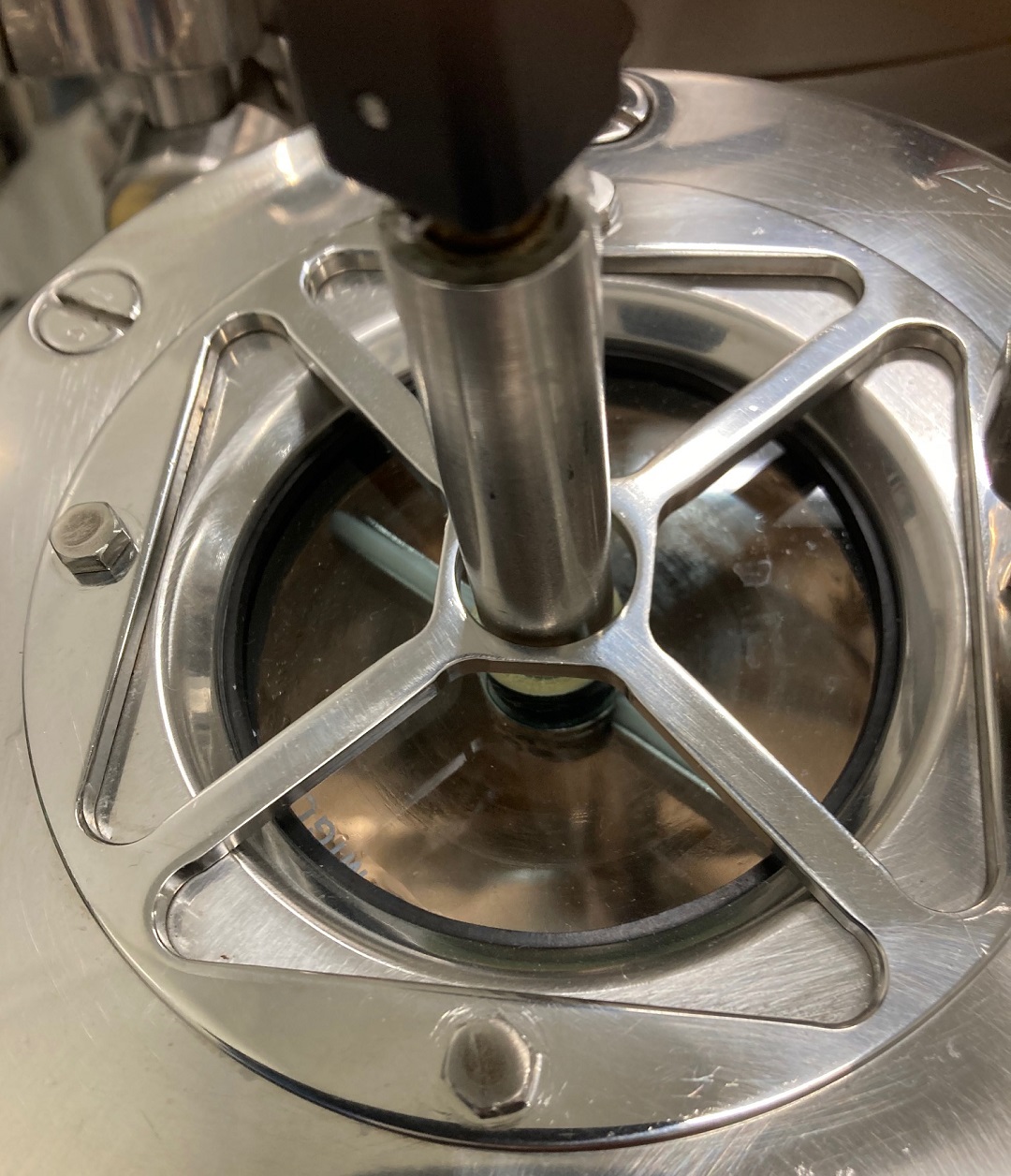Treatment for previously untreatable diseases to improve quality of life for patients, caregivers, and families.
Ceres Brain Therapeutics is developing a drug candidate forneurological diseases like Charcot disease or Creatine Transporter Deficiency, which cause severe intellectual disabilities, autistic behaviors, and seizures. The drug could be made available by 2028.

Ceres Brain produced 60 kg of the CBT101 formulation in this mixer for use in a nasal spray. (c) ceres brain
X-linked creatine transporter deficiency is an inherited disease linked to a genetic mutation on the X chromosome that prevents creatine (an amino acid that provides energy to cells) from reaching neurons. With an initial clinical trial scheduled for 2026, Ceres Brain Therapeutics is currently the company in the world closest to developing a drug for this disease.
The drug, CBT101, is a pro-creatine that, thanks to a chemical vector graft, can cross the blood-brain barrier, supplying neurons with creatine. Animal tests have shown very significant improvement in cognitive behavior. However, this innovation can also be applied to other neurological diseases.
Ceres Brain Therapeutics has a portfolio of six patents, including three CEA patents. As part of an R&D agreement with the CEA, the startup is deepening its understanding of the mechanism of its drug candidate and developing new candidates targeted at other rare neurological diseases.
Key figure: 16,000
Estimated number of children worldwide affected by congenital creatine transporter deficiency
INDICATION :
- Congenital Creatine Deficiency Syndrome and Charcot Disease
Technology:
- Active ingredient administered via the nasal route to cross the blood-brain barrier via the olfactory and trigeminal nerves and neuronal membrane
Year founded: 2019
CEA institute: Frédéric-Joliot Institute